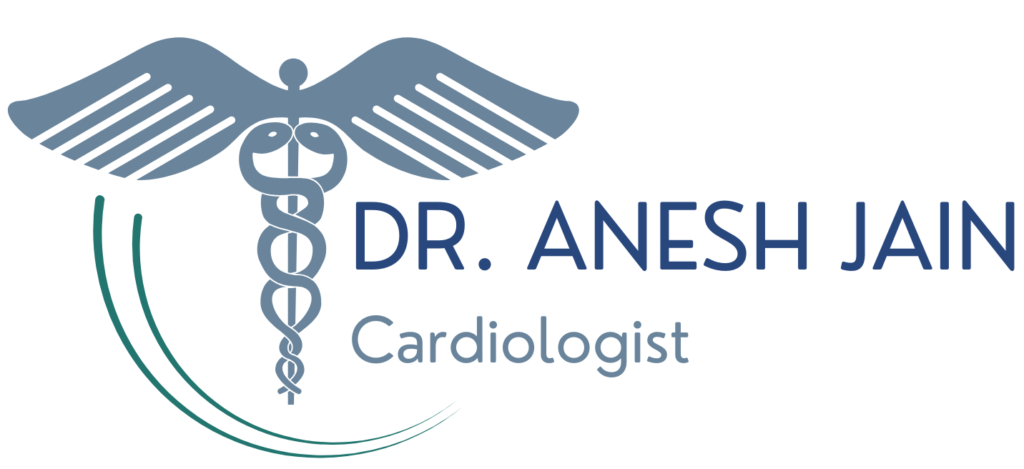Understanding the Causes of Heart Attacks in Young Adults
Key Takeaways
- Poor lifestyle choices such as lack of exercise, a diet high in processed foods, alcohol, smoking, and drug use (e.g., cocaine and methamphetamines) contribute significantly to early heart attacks in young individuals.
- Contrary to popular belief, alcohol has no cardio-protective effects. In fact, it contributes to weight gain and increased triglycerides, leading to plaque buildup and higher heart attack risk.
- Young individuals with conditions like hypertension, diabetes, obesity, and abnormal cholesterol levels are at an increased risk for heart attacks. Managing these conditions is crucial for prevention.
- Conditions such as Hypertrophic Cardiomyopathy and Brugada Syndrome can cause sudden cardiac arrests in young people. Family history should be discussed with healthcare providers, and regular screenings are recommended for early detection.
Introduction
Heart attacks are traditionally associated with older adults, but they can also occur in young people, often causing shock and concern. Understanding the potential causes of premature heart attacks is crucial for prevention and early intervention.
This outline explores the key factors that can lead to heart attacks in younger populations. Many times we read about or hear about young people having sudden cardiac deaths.
Although the majority of sudden cardiac deaths are caused by heart attacks due to interruptions in blood supply to the heart, there are certain genetic conditions of the heart as well that may cause sudden cardiac deaths.
We will focus our discussion here on the most common reason, which is an abnormality in the blood supply to the heart.
Lifestyle Factors Contributing to Heart Attacks in Young Adults
Poor Diet
One of the major reasons for early plaque buildup is poor lifestyle choices like a lack of regular exercise, a poor diet consisting of saturated fatty acids, highly processed packaged foods, the use of tobacco products, and alcohol consumption.
An often ignored risk factor, especially in young individuals, is the use of hard drugs like cocaine and methamphetamines. These drugs produce intense vasoconstriction and can cause massive heart attacks and strokes.
High-fat, high-cholesterol diet
A diet that lacks foods in their natural forms, like fresh vegetables and fruits, can also have a detrimental effect on overall cardiovascular health. Processed foods usually contain a high fat content, producing cholesterol in the body, resulting in plaque buildup and eventual cardiac symptoms.
Excessive alcohol consumption
It is a usual understanding among individuals that alcohol is cardioprotective and consumption is beneficial in preventing heart attacks. This could not be far from the truth. There is no study that has proven the role of alcohol with cardioprotective effects on the body.
Instead, it is a source of empty calories, which in turn causes unhealthy weight gain and an increase in the triglyceride levels in the blood, both of which contribute to plaque buildup in the body.
There is no safe limit for alcohol consumption, especially in the Indian context, and any amount is harmful to a person’s overall cardiac well-being.
Related: How to Stop Heart Attack: Preventive Measures & Lifestyle Changes

Sedentary Lifestyle
Lack of regular physical activity
It is also strongly recommended to adopt an active lifestyle in the form of regular exercise. Individuals having a sedentary lifestyle or working pattern that forces individuals to sit for a prolonged time is detrimental to one’s cardiovascular health.
It is recommended to get moderate-intensity exercise at least 150 minutes in a week (5 days a week).
Smoking
Smoking is one of the traditional risk factors known to cause heart attacks, especially in young individuals. Smoking causes a milieu inside the blood vessels, which promotes plaque buildup, which is usually unstable and is a nidus for causing heart attacks.
Tobacco products also, in general, promote the production of clots inside the blood vessels, which ultimately leads to heart attacks. Passive smoking is also equally dangerous and risky for the early development of cardiovascular problems.
Underlying Medical Conditions Contributing to Early Heart Attacks
Young individuals having preexisting conditions like hypertension, diabetes mellitus, obesity, and a strong family history of cardiovascular diseases, especially heart attacks, abnormal cholesterol levels, and obstructive sleep apnea are at an increased risk of heart attacks.
It is recommended to keep tight control over these conditions so as to avoid disastrous complications. Uncontrolled sugars in diabetics are known to promote plaque buildup, cause atherosclerosis, and promote inflammation, which may ultimately lead to heart attacks.
Uncontrolled blood pressure also damages the endothelium, which is one of the reasons for lipid and plaque deposition inside coronary blood vessels.
Moving onto some rare conditions that can present as sudden cardiac arrests are hypertrophic cardiomyopathy, Brugada syndrome, long QT syndrome, short QT syndrome, arrythmogenic cardiomyopathy, and abnormal origin of coronary blood vessels, to name a few.
These conditions can present as sudden cardiac arrests, and if there is a family history of sudden cardiac deaths, it is recommended to get the entire family screened regularly for such defects so that treatment can be initiated.
Conclusion
In conclusion, identifying and addressing risk factors is most important to keep a tab on your cardiovascular health. This includes:
- Regular check-ups and screening
- Adopting a healthy lifestyle
- Managing underlying medical conditions
- Discussing family history with healthcare providers
Don’t risk your heart health. Consult with Dr. Anesh Jain, the best cardiologist in Pune, to create a tailored treatment plan.










Comments are closed